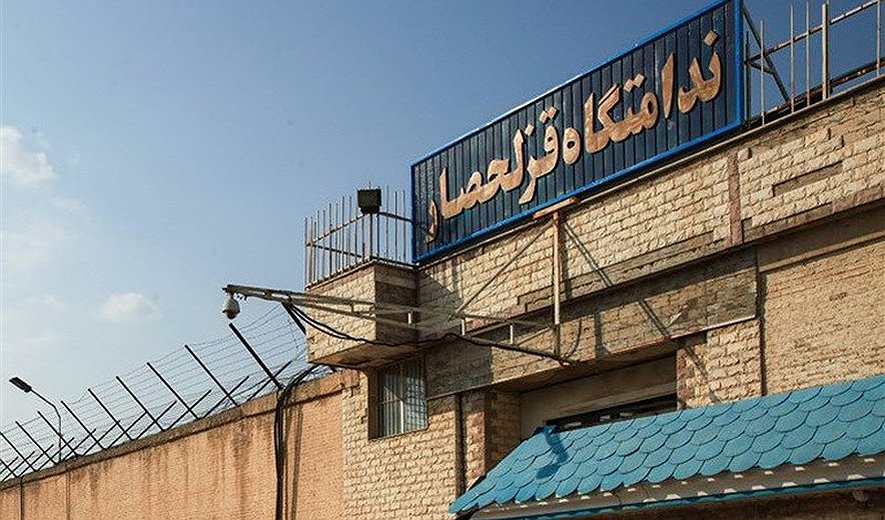Yadollah Farokhi and Afghan Sadegh Tajik Executed in Karaj

Iran Human Rights (IHRNGO); November 1, 2023: At least two men including Yadollah Farokhi and Afghan national, Sadegh Tajik were executed in Ghezel Hesar Prison.
According to information obtained by Iran Human Rights, at least two men were executed in Ghezel Hesar Prison in Karaj on 1 November. Their identities have been established as Yadollah Farokhi from Kouhdasht and Sadegh Tajik, an Afghan national.
Yadollah Farokhi was sentenced to death for drug-related charges by the Revolutionary Court and Sadegh Tajik was sentenced to qisas (retribution-in-kind) for murder by the Criminal Court. They were transferred to solitary confinement in preparation for their executions the day prior. No information is available about the fate of the other three men.
At the time of writing, their executions have not been reported by domestic media or officials in Iran.
Drug-related executions have continuously risen every year for the past three years. At least 305 people were executed for drug-related charges between 1 January-10 October 2023, a 69% increase compared to the same period in 2022, and the number of drug-related executions in 2023 were close to 20 times higher than 2020.
The number of drug executions dramatically dropped in 2018 following a 2017 Amendment to the Anti-Narcotics Laws. Consequently, drug executions ranged between 24-30 per annum between 2018-2020. The Amendment was reversed in practice in 2021 when executions increased ten-fold to 126 in 2021 and doubled again in 2022 with 256 drug-related executions. On 13 September 2023, IHRNGO reported a 94% rise in the number of drug-related executions in the year following the start of the “Woman, Life, Freedom” movement in September 2022.
It is important to note that Afghan nationals constitute the largest group of non-Iranian executions and death row cases in Iranian prisons. In 2021, no execution of Afghan nationals was recorded until September, when five men were executed in the space of 35 days. On 10 October 2021, Iran Human Rights expressed its concern that the Taliban takeover in August had facilitated the execution of Afghan nationals. That number more than tripled in 2022, with 16 Afghan nationals including a juvenile offender and a woman executed. At least 16 Afghans have been executed in 2023 so far, with two publicly hanged on 8 July.
Those charged with the umbrella term of “intentional murder” are sentenced to qisas (retribution-in-kind) regardless of intent or circumstances due to a lack of grading in law. Once a defendant has been convicted, as the plaintiffs, the victim’s family are required to choose between death as retribution, diya (blood money) or forgiveness.

